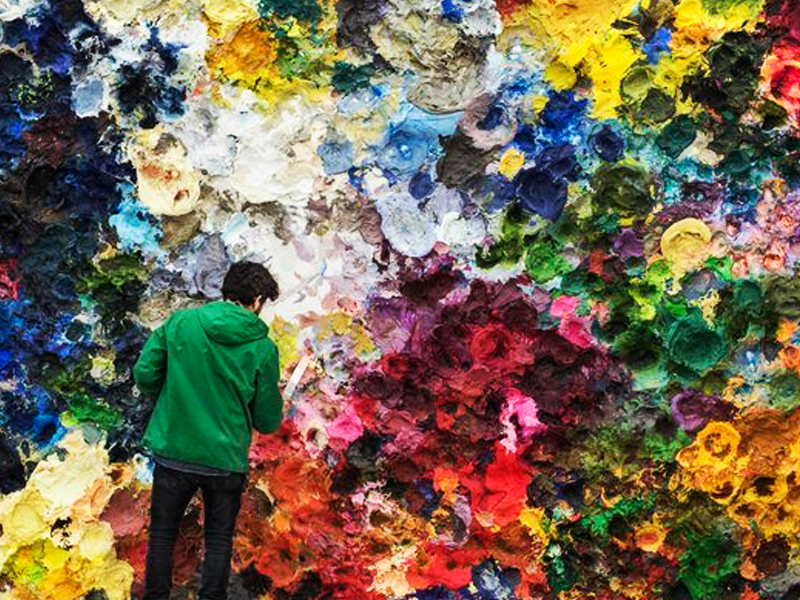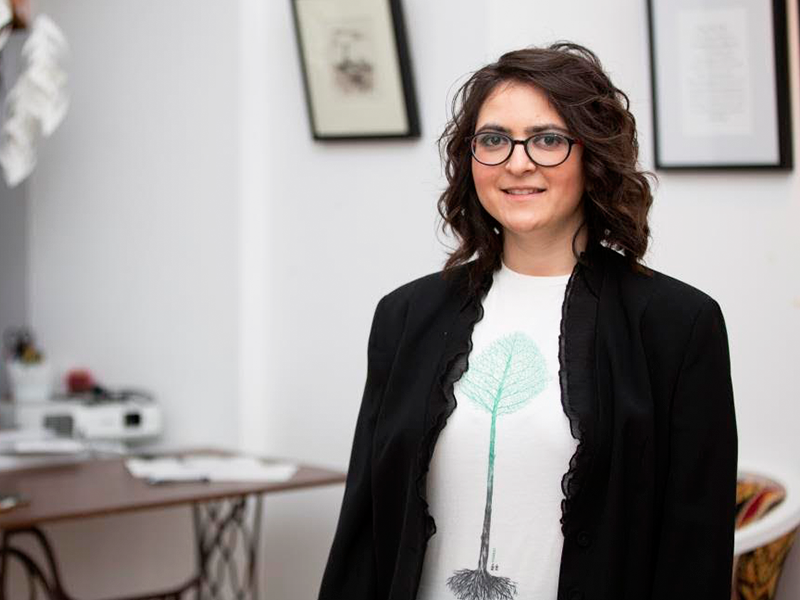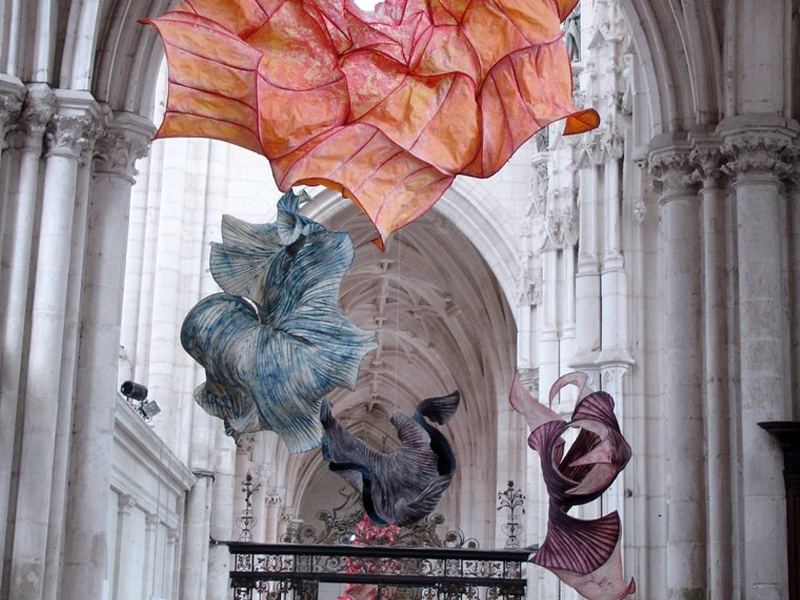
How did theatre projects from Georgia received €100,000 grant from Creative Europe
Mr. Levan, first of all, will you please describe the idea of your project.
The name of the project Chôros comes from the Greek theatrical “choro”. Especially for this project we established an alliance of Portugal, Morocco, Bosnia Herzegovina, France and Georgia, one of its basic aims is connecting cities and regions with each other. In this regard, we focused on Porto (Portugal), Lyons (France), Casablanca (Morocco) and Sarajevo (Bosnia Herzegovina). As for Georgia, due to quite different situation, along with Tbilisi we included Batumi and Tserovani into the project. Tserovani is a settlement inhabited mainly by internally displaced persons from the South Ossetia conflict area after Russia-Georgia war, which took place in August, 2008. Tserovani was included for certain reasons. In particular: we intended to show that not only citizens are obliged to finance culture through taxes paid to the budget, but also culture has social responsibility. Besides, the problem of refugees, which lately appeared in Europe, has considerably changed the ideology, which existed before. However, in this aspect, our situation is different –we have IDPs which are our own citizens, not the citizens from other countries, as it was in Europe. Thus, involvement of Tserovani into this project, was to some extent viewing our own experience. Moreover, one of the significant components of the Creative Europe is development of the audience.
What methods and tools were needed for implementation of the project idea?
The project is united around the theatre group, which works on the basis of the interactive theatre. In other words, it is a forum-theatre, which aims at highlighting social problems and conflict situations and involving society for solving them. Though our project consists of several components, it was mainly intended to show theatre performances and conduct workshops in all countries, except for Portugal. The project provides for arranging of the photo exposition and publishing of a few collections.
And still, which component of the project is most important?
Most important is that young actors have been selected as a result of workshops in several countries, who will participate in the final part of the project in Lyons. Three actors have been selected from Georgia, two from Batumi and one from Tbilisi. In July they will leave for Lyons to take part in the workshop and performance. There are scheduled five meetings with the audience, three of them will be conducted during rehearsals. The play consists of a few short fables almost without words. There are outlined various situations on power, hunger, borders. The play is performed in an interesting manner, as all these everyday problems are counterweighed by art. It should be noted, that spectators see it in a different way at different places. We performed this play in three towns of Georgia and got different results during discussing of the play with audience in three different towns. The spectators in Tbilisi saw a fight for a high position, which may be logical, because people usually come to Tbilisi to make career. In Batumi everybody saw an importance of personal space protection, and only in Tserovani, though it may seem strange, people saw all three topics. And what is more notable, only they hoped, that the art can defeat borders, hunger and power, and it was emotionally very interesting. We wished to understand how people differ in terms of different situations. Besides, this project will promote further relations between the participants from various countries, which are involved in the project. Such projects may not have global objectives, but often local purposes affect global ones. We hope that the meeting of all participants of the project in July will give us more experience.
How did you find your partners?
We have many partners in various countries, with whom we maintain relations, regardless of whether we carry out the project or not. Though we often seek partners according to the project, attitude towards them remains friendly. We have long-standing relations with France, others have been invited on the basis of the idea. In this aspect, Morocco was interesting due to the fact, that it presented other continent; Portugal was distinguished for the very creative situation with regard to the development of cities. Sarajevo is a city, which has endured difficult times. Georgia was important for its location – at the crossroad of Europe and Asia. Besides, it has certain experience regarding refugees and aggression of the other country. One of the aims of this project was creation of the platform for cultural exchange between the countries and development of their population as spectators.
Tell us about the difficulties which you have come across in the process of preparing the project?
Most difficult it was to cope with local fundraising. As you know, the key component of the Creative Europe is EU financing, which amounts to 60%, and financial commitment of the participant countries is 40%. When we applied to Tbilisi City Hall, we received rather inadequate answer – you have already got European grant and need no financing. Similar situation was in Batumi City Hall. In this case, main problem was connected with unskilled staff. Finally, the project was implemented through the assistance of the Ministry of Culture of Georgia and the Ministry of Culture of Adzharia Autonomous Republic. The Ministry appeared more competent than urban an agency, that is uncommon worldwide.
How long did it take you to prepare the project and the application, and what difficulties did you come across?
We were working on the application about six months. For fast exchange of the information we used up-dated technologies: Skype-conferences, common Internet space, which allowed to save time. Due to this consolidation, the project complied with the EU requirements. Naturally, preparing of the application for the newly established organizations is much more difficult, because they need to be quite creative and experienced in the process of the work.
What would you advise other organizations for achieving success in the process of cooperation with the Creative Europe Programme?
First of all, the project should have short-term objectives and be focused on solving only a few problems, because far-going purposes usually are not financed. Regardless of our confidence that we can do it, other party will not believe. Besides, most serious problem for our organization, and it concerns Georgia, as well as Eastern Partnership countries, - is a lack of involvement in the professional network. It makes the organizations think about seeking partners first, and forget about real problems. A hole in front of our house often seems to become a global problem, moreover, we will not be able to fill the hole unless the consciousness of concerned people changes. Therefore, culture is a tool, which will change consciousness of the audience, and therein, is most important.




